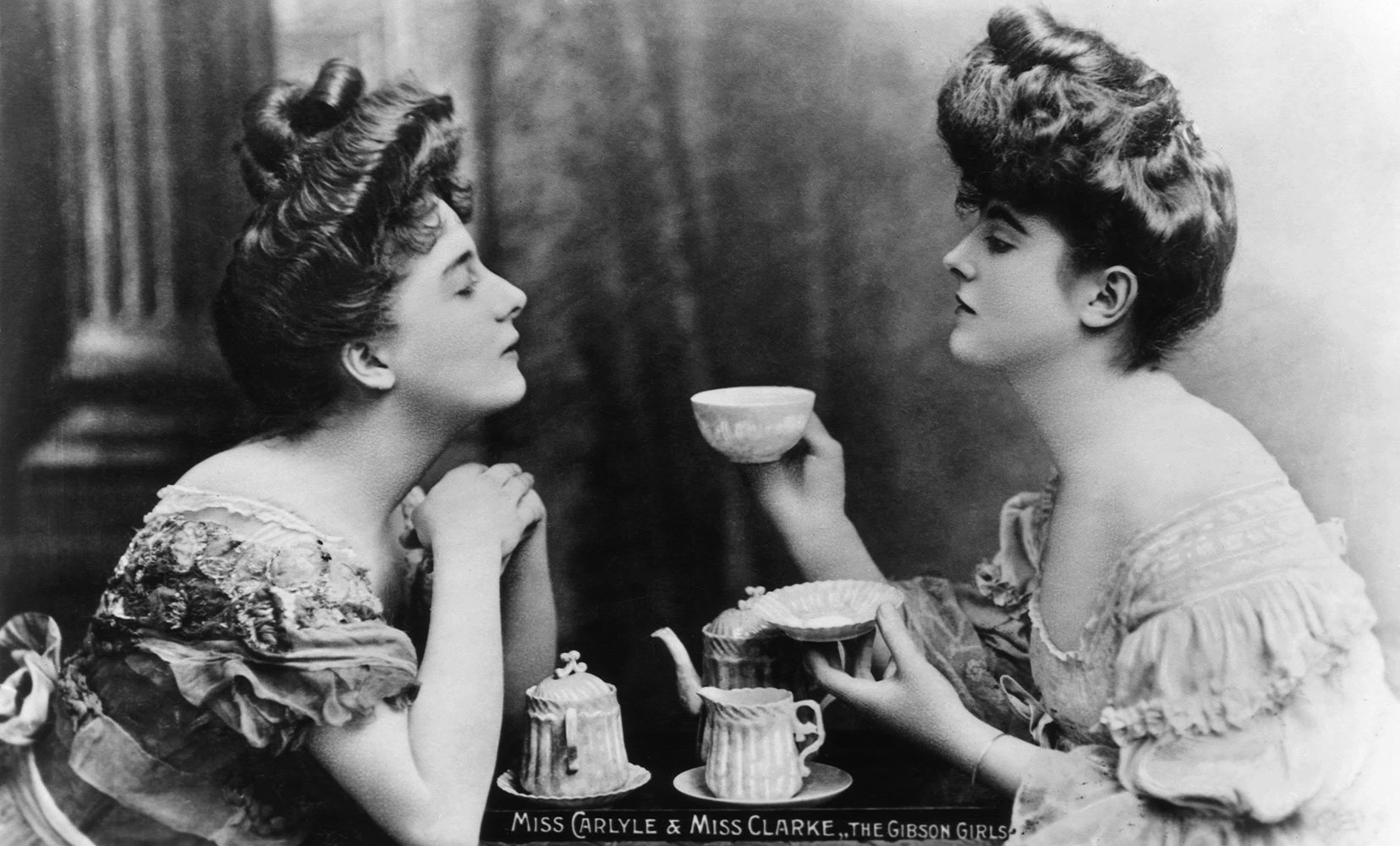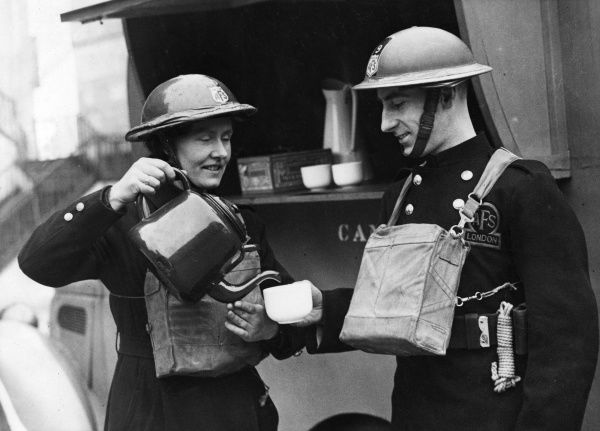Tea & Women Through History
There is a long association of women and tea drinking. From traditions such as the Chado custom in Japan to the early appearance of tea in the west. Its value was so high that Catherine of Braganza brought tea as part of her dowry when she married Charles II.
Queen Catherine popularised tea drinking amongst the English aristocracy, becoming known as ‘The Tea Drinking Queen’
The Duchess of Bedford, Anna Russell, is credited with starting the custom of Afternoon Tea in the mid 1840s. Finding the break between lunch and dinner too long, she began to serve small cakes and sandwiches with Darjeeling tea in the afternoons, inviting her friends to join her. This trend soon spread amongst the middle and upper classes and is undergoing a significant revival today.

The British institution of the tea shop owes its origin to one woman. The manager of the Aerated Bread Company, who began serving cups of tea to her favoured customers in 1864. Tea shops rapidly spread throughout England, owing much of their popularity to the fact that they were ‘safe’ places for unchaperoned women to meet and became important meeting places for those involved in the Suffragette movement
Famous suffragette tea rooms near our flagship store in Covent Garden London, were the Gardenia Restaurant in Catherine Street, The Criterion in Piccadilly – still there to this day and Alan’s Tea Rooms, Aldwych. You can listen to a BBC Radio feature on tea and suffragettes here.
The English Tea Lady had such a huge effect on moral and productivity
The English Tea Lady became an essential part of the Second World War work force. Serving tea from a trolley to the workers on the shop floor, she boosted morale and productivity. So much so, that tea ladies became common place in offices and factories all over Britain. Sadly tea ladies have now widely been replaced by the soulless vending machine and, worse still, “instant” tea!

One of the important skills each Japanese woman had to learn before entering marriage was the Japanese Tea Ceremony ‘Chado’. The ceremony is focused on preparing tea from one’s heart for guests, and even though performed by both men & women, the popular image of Chado is a Japanese woman in kimono performing this ancient ceremony
Afternoon Tea Parties are becoming a popular way to celebrate a baby shower or hen party. Women love nothing better than putting their feet up and having a natter. When a crisis hits, the first thing a lot of us do is head for the kettle and tea caddy!
There’s nothing that a cup of tea can’t cure.
